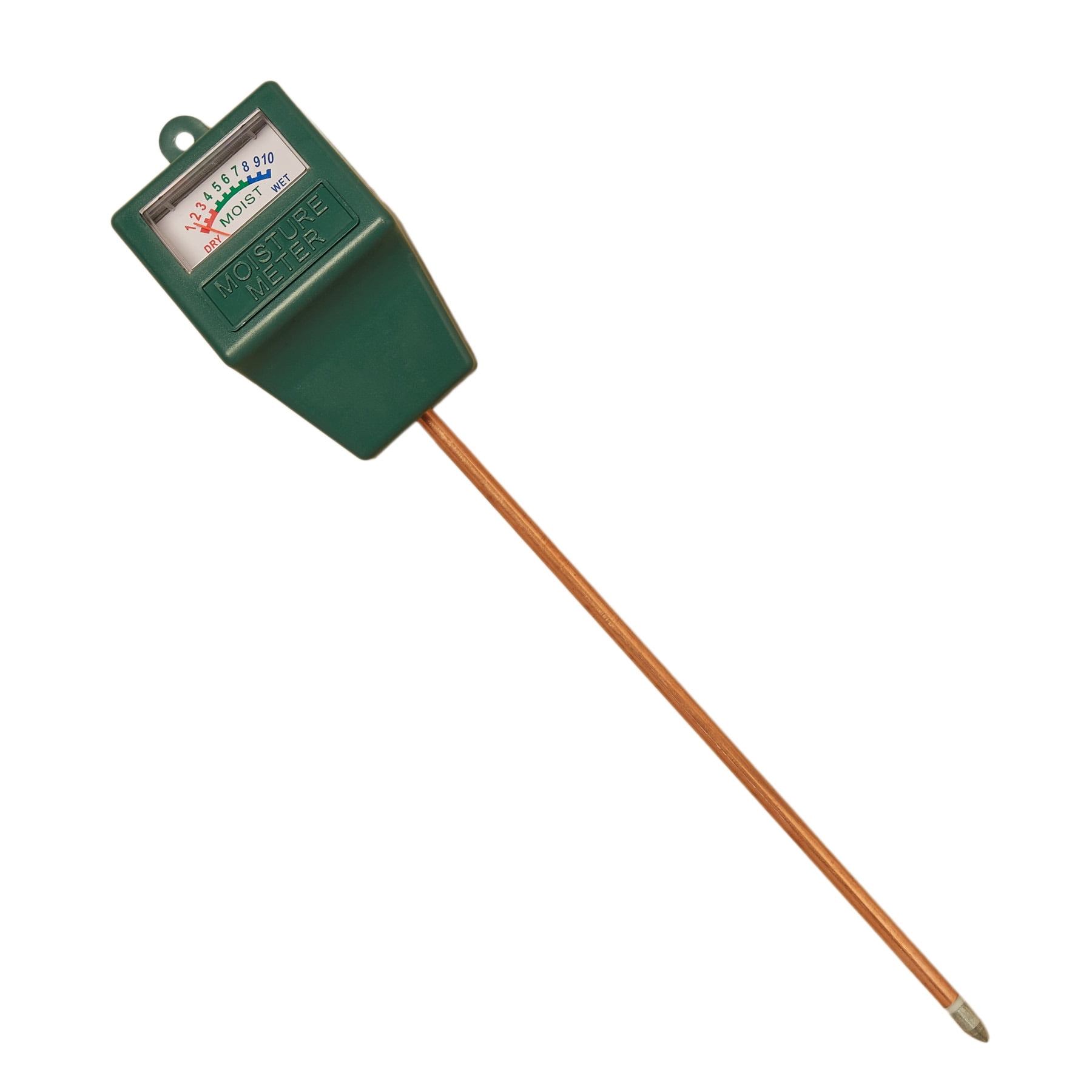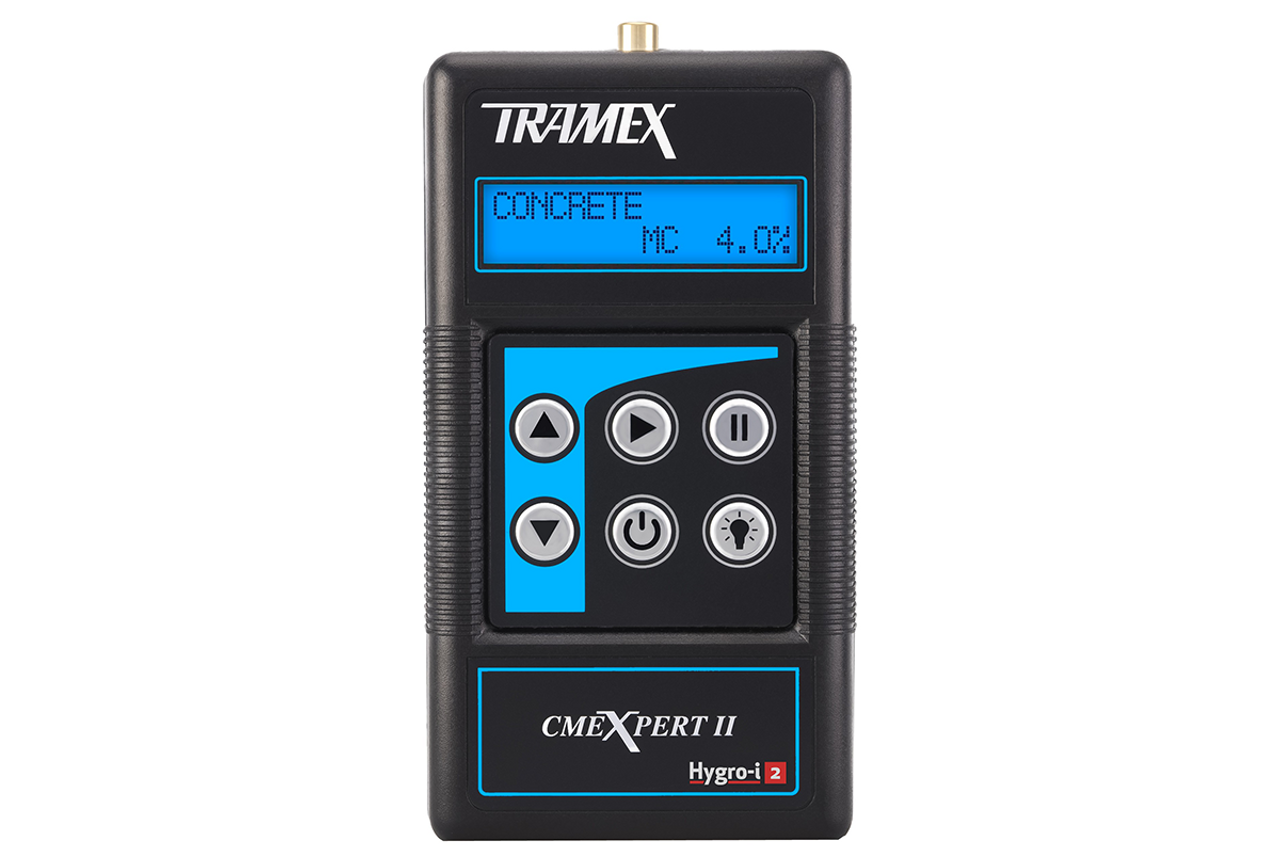The Science Behind Moisture Meters: Just How They Work and Why They're Important
The Science Behind Moisture Meters: Just How They Work and Why They're Important
Blog Article
The Ultimate Overview to Moisture Meters: A Comprehensive Introduction and Just How They Can Conserve You Money
In the world of structure maintenance, building and construction, and numerous industries, the importance of precisely gauging dampness degrees can not be overstated. Wetness meters act as indispensable devices in detecting and keeping an eye on moisture material in products, assisting in stopping expensive problems and making sure the quality of products. Recognizing the nuances of different sorts of dampness meters, their applications, and the potential cost-saving benefits they offer can be a game-changer for professionals and businesses alike. Uncovering how these devices can not only enhance processes however also add to economic savings is a journey worth starting.
Kinds Of Moisture Meters
One common kind is the pin-type moisture meter, which gauges the electrical resistance in between two pins inserted into a product. Pinless dampness meters, on the other hand, usage electro-magnetic sensor plates to scan a bigger location without creating damages to the product's surface area.
Moreover, there are likewise specialized dampness meters made for particular products like dirt, hay, or grain. These meters give exact wetness analyses customized to the one-of-a-kind residential or commercial properties of the material being checked. Infrared wetness meters measure the thermal residential properties of a material to determine its wetness material non-invasively, making them helpful for applications where pin or pinless meters might not be suitable. Comprehending the different sorts of dampness meters readily available can aid sectors select the most appropriate device for their particular dampness dimension requirements.

Advantages of Making Use Of Moisture Meters

Additionally, utilizing moisture meters can cause enhanced power efficiency. By determining areas with high moisture levels, such as leaks or inadequate insulation, changes can be made to boost energy conservation and minimize utility costs. In agricultural settings, dampness meters play an important duty in enhancing crop yields by allowing farmers to check dirt moisture degrees and make informed watering decisions. Overall, the advantages of making use of wetness meters span throughout numerous markets, offering economical services and promoting far better quality assurance methods.
Just How to Choose the Right Moisture Meter
Selecting the proper moisture meter includes thinking about crucial variables such as product compatibility, measurement variety, and calibration precision. When choosing a moisture meter, it's necessary to guarantee that the meter is suitable for the specific product you will be testing. Various materials have varying electrical buildings that can affect moisture analyses, so choosing a meter made for your material is important for accurate results. In addition, take into consideration the dimension series of the wetness meter. Guarantee that the meter can spot dampness levels within the variety needed for your applications. Calibration accuracy is one more essential factor to remember (Moisture Meter). Go with a dampness meter with trusted calibration to make certain accurate and regular readings. Some meters might require routine calibration changes, so understanding the calibration process is very important. By meticulously check that examining these factors, you can select a moisture meter that meets your needs and gives exact wetness dimensions for your jobs.
Proper Techniques for Moisture Meter Use
To ensure exact moisture readings and take full advantage of the efficiency of a moisture meter, employing proper methods is necessary. When using a pin-type wetness meter, put the pins or probes right into the material being evaluated until they make complete get in touch with. Ensure the pins are vertical to the surface area to obtain the most specific reading. For pinless dampness meters, hold the tool level versus the browse around here product and move it gradually to cover the whole location for an average reading. It's crucial to calibrate the dampness meter according to the product being examined to enhance accuracy. Take several readings throughout the surface and ordinary them out for an extra reliable result. Furthermore, make certain that the material being evaluated is acclimated to the setting to prevent manipulated readings. Regular maintenance of the wetness meter, such as cleaning the pins or sensing unit, is additionally essential to make sure constant and accurate readings. By following these correct strategies, individuals can rely on their dampness meter to offer reliable dampness levels, aiding in stopping expensive damage or making certain quality in various applications.

Cost Financial Savings Via Moisture Meter Applications
Just how can the calculated application of moisture meters result in significant expense savings throughout numerous sectors? Dampness meters play an essential function in price savings by preventing potential damage and ensuring top quality control in various sectors. In the farming sector, dampness meters help in establishing the ideal time for harvesting crops, preventing over-drying or excess wetness that can affect the last product's quality. This accurate tracking helps farmers prevent unneeded losses and maximize their return.

Moreover, in the food processing market, moisture meters are vital for checking product top quality and ensuring conformity with safety and security guidelines. By accurately determining moisture content in food, manufacturers can prevent wasting, maintain freshness, and you could try here minimize waste, resulting in significant price savings. On the whole, the calculated application of dampness meters is a valuable financial investment that can bring about substantial cost reductions and improved performance throughout numerous industries.
Conclusion
Finally, wetness meters are useful devices for detecting and gauging wetness degrees in various materials. By using the ideal wetness meter and following correct strategies, individuals can efficiently stop costly damages created by excess moisture. Buying a quality dampness meter can bring about significant cost savings in the lengthy run by identifying potential concerns beforehand and making it possible for timely removal. Ultimately, dampness meters are important tools for maintaining the stability and long life of frameworks and materials.
Wetness meters offer as essential devices in identifying and keeping track of moisture content in materials, assisting in preventing expensive problems and making certain the top quality of products. Infrared dampness meters measure the thermal homes of a product to establish its dampness material non-invasively, making them useful for applications where pin or pinless meters might not be appropriate.Wetness meters supply very useful benefits in accurately analyzing and monitoring wetness degrees in varied products and environments. In farming setups, wetness meters play an important role in maximizing plant returns by allowing farmers to monitor soil wetness levels and make informed watering choices.In final thought, dampness meters are useful devices for gauging and finding moisture levels in various products.
Report this page